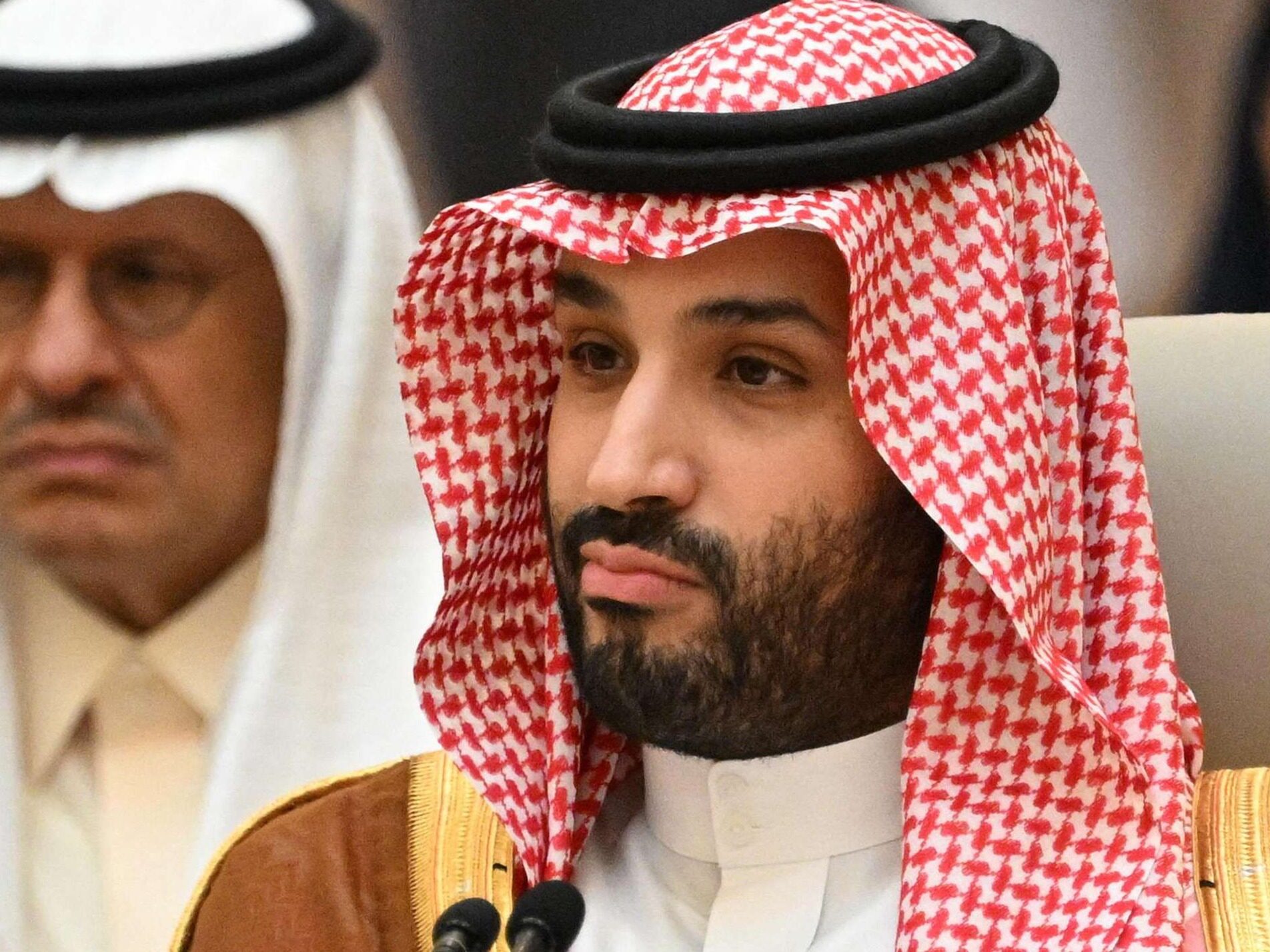- Accelerate the development of the electric vehicle industry and become a participant in the global electric vehicle market

Although Saudi Arabia is the world's largest oil-producing country and the local oil price is quite cheap, it has also made a major foray into the electric vehicle market in recent years, investing a large amount of capital to build a complete industrial chain.

This move is not only out of considerations for economic and social sustainable development, but also to seize the initiative in this trillion-dollar track. With the global automotive industry accelerating its transformation towards electrification, Saudi Arabia hopes to secure a place in the global market in the future by accelerating its strategic layout.
According to the "Vision 2030" strategy, Saudi Arabia is investing billions of dollars in building infrastructure, promoting the research and development of advanced technologies, and localizing the electric vehicle supply chain. From investing in the US electric vehicle start-up Lucid Motors to establishing the local brand Ceer, Saudi Arabia is striving to take a leading position in the global automotive industry transformation.
The Saudi government plans to electrify 30% of the cars in the capital Riyadh by 2030 and is committed to creating a complete electric vehicle ecosystem.
Large-scale Investment and Layout of the Industrial Chain
Saudi Arabia has been very active in recent years, making significant investments in the entire industrial chain from raw materials to vehicle manufacturing.
Heiko Seitz, the Global and Middle East Electric Mobility Leader at PwC, pointed out that Saudi Arabia is building a self-sufficient automotive supply chain to consolidate its position in the global electric vehicle industry.

The Saudi Arabian Public Investment Fund (PIF), the country's sovereign wealth fund, is the largest shareholder of the US-listed electric vehicle company Lucid Motors. From 2018 to August 2024, it has successively invested about $8 billion in the company. In 2023, Lucid Group established a manufacturing plant in King Abdullah Economic City (KAEC), Saudi Arabia, with a planned annual production of 155,000 electric vehicles.
In 2022, PIF joined hands with Foxconn to establish a joint venture, Ceer Motors, which is also Saudi Arabia's first local electric vehicle brand. It is expected to create 30,000 jobs by 2034 and contribute about $8 billion to the GDP. Its first batch of electric vehicles is expected to be launched in 2026.
Seitz said that Saudi Arabia is also making use of its rich mineral resources to strengthen the supply of materials required for key components.
In 2021, the Royal Commission for Jubail and Yanbu (RCJY) in Saudi Arabia signed a $900 million investment agreement with the Australian battery manufacturer EV Metals to develop a battery chemicals complex in phases in Yanbu Industrial City, including a lithium chemicals plant, a nickel chemicals plant, and a cathode active materials plant.
In 2023, Saudi Arabian Mining Company (Ma‘aden) acquired a 9.9% stake in Ivanhoe Electric for $126 million and established a joint venture to accelerate the development of copper, nickel, gold, silver, and other strategic mineral resources in Saudi Arabia.

Improving Infrastructure and Promoting Industrial Development
In terms of the popularization of electric vehicles, the Saudi government is collaborating with private enterprises to establish a national charging network. Mazin Jameel, the Director of Marketing Operations at Abdul Latif Jameel Motors in Saudi Arabia, said that Saudi Arabia is establishing a public-private partnership model with leading technology suppliers to accelerate the construction of charging infrastructure and promote renewable energy projects such as solar and wind energy to provide clean energy for electric vehicle charging.
It is reported that Saudi Arabia plans to install 5,000 fast chargers by 2030, which will be implemented by the electric vehicle infrastructure company jointly established by PIF and the Saudi Electricity Company (SEC).
Jameel also said that the Saudi government has introduced a series of financial incentives and policy support to accelerate the promotion of electric vehicles. At the beginning of this year, Saudi Arabia introduced a "Standard Incentive Program" worth 10 billion riyals (approximately $2.666 billion), providing up to 35% of the initial capital for industrial projects such as automobile manufacturing and parts.

At the same time, Saudi Arabia is introducing artificial intelligence and automation technologies into the automotive industry to optimize production processes, upgrade digital infrastructure related to smart mobility, and strive to widely apply smart technologies to enhance the competitiveness of electric vehicle manufacturing.
Saudi Arabia is transforming from a traditional oil-based economy to a new energy industry and a diversified economy. Through large-scale investment, technological cooperation, and policy support, by accelerating the development of the electric vehicle industry, Saudi Arabia is expected to become an important player in the global electric vehicle market. (This article is from the official website of Seetao.com, www.seetao.com. No reprinting is allowed without permission. Otherwise, legal liability will be pursued. If reprinting, please indicate Seetao.com + the original text link.) Editor of the Strategic Column of Seetao.com / Yin Shiqian
Comment
 Praise
Praise
 Collect
Collect
 Comment
Comment
 Search
Search














Write something~